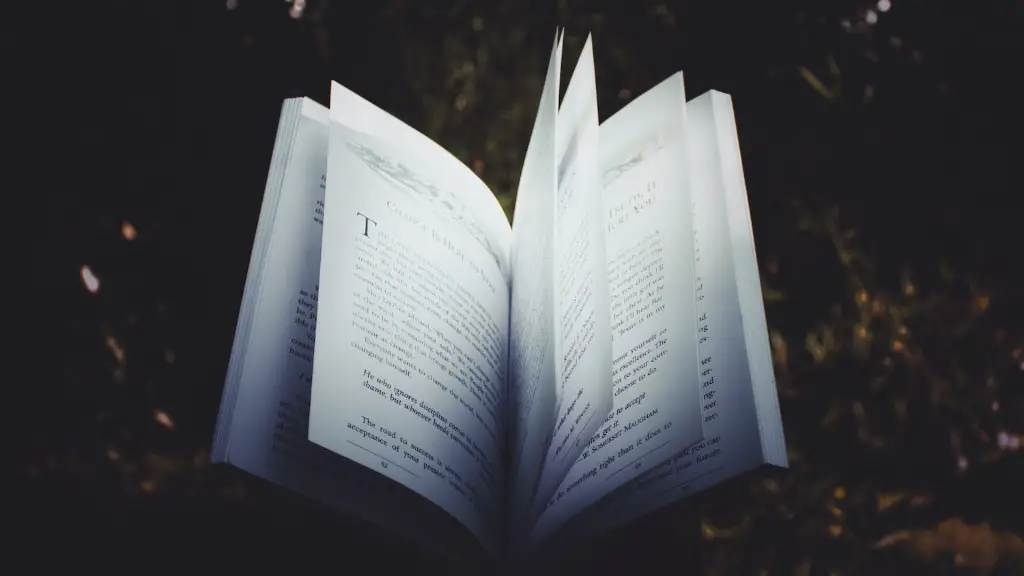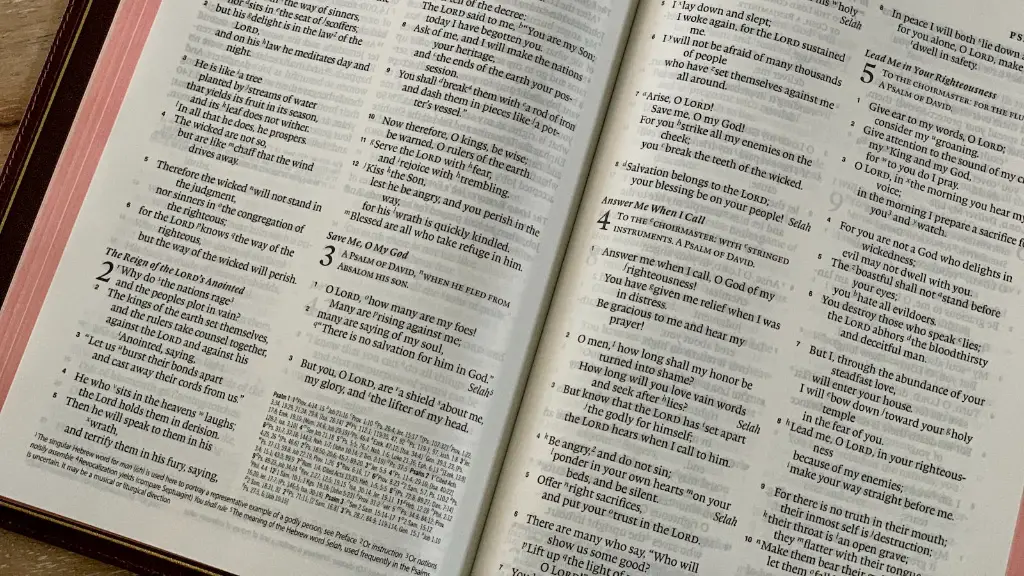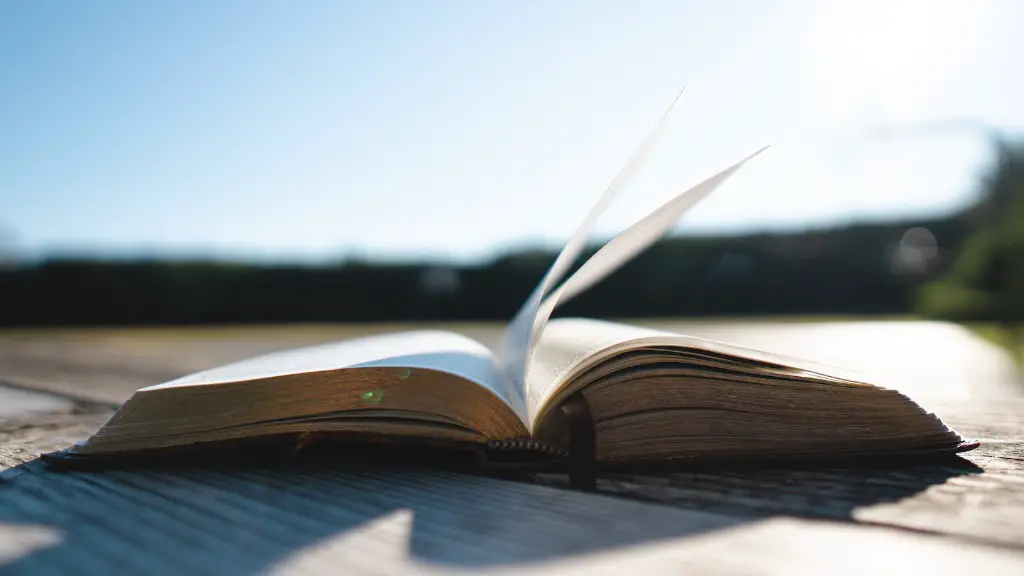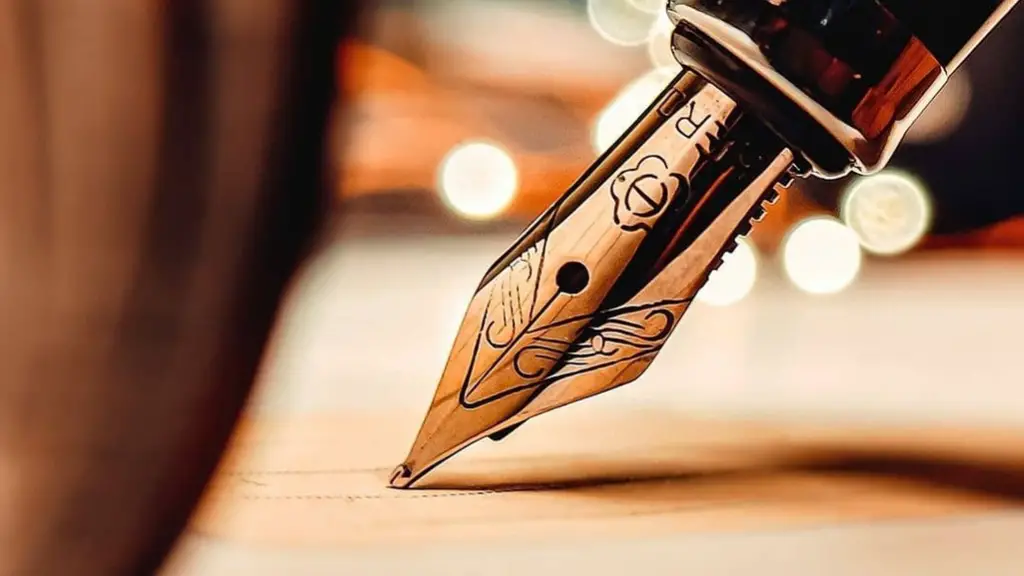Different Writing Styles
Political poetry has a range of different writing styles, from the traditional rhyming stanzas to more contemporary forms. Traditional political poets use a lyrical style to capture the emotions of their political agendas and ideologies. Through the use of intricate rhymes and rhythm, they create a powerful effect that can convey powerful ideas. On the other hand, contemporary political poetry often takes a conversational approach, where short lines and succinct phrasing captures the sentiment and feeling of the issue. This type of poetry is often highly visual and can appeal to a broad readership.
Articulating Your Message
Before beginning to write political poetry it is important to consider what you want to express. You may be passionate about a particular issue, or you may have a certain opinion that you are trying to get across. It can also be helpful to think about the audience you want to reach and how they will receive your message. This will help you determine the best way to articulate your feelings. For example, you may decide to use more traditional representations of language and form if you are aiming to reach a conservative audience, or you may opt for something more direct and modern if you are trying to engage with a younger audience.
Research and Formulation
Researching the topic you are writing about is crucial for creating powerful political poetry. Reading up on news and talking to people with relevant experiences can give you valuable insight. This will help you with the formulation of your poem, allowing you to accurately capture the emotion and capture the message you want to convey. It is also important to consider how to structure your poem, how to make it exciting and how to craft meaningful lines that will move the reader and engage their imagination.
Using Imagery
Imagery is an essential element of any successful political poem. By combining poetic language with vivid imagery, you can bring your message to life and create a powerful impact on the reader. Imagery can also be used to illustrate the point you are trying to make, or to capture the emotion of a certain situation. Whatever imagery you decide to use, it is important to ensure that is relevant to your topic.
Staying Motivated
It can be difficult to stay motivated when writing political poetry, especially when the topic is difficult and the feelings associated with it can be overwhelming. Taking the time to review the progress you have made and to reflect on the importance of your message can help you to stay motivated and inspired. It can also be beneficial to read the work of other political poets, as this may help you to understand the potential of your own poem.
Editing and Reflection
Once you have finished drafting your poem, it is important to take the time to edit and make any necessary changes. This will ensure that the poem is as effective as possible. It can be helpful to read the poem aloud or to share it with someone else to get their feedback. A key part of the editing process is also to reflect on the poem and consider how it could be improved or developed further.
Publishing and Promotion
Publishing your political poem is an important step in ensuring that your message is shared with the world. There are a variety of different options available, from posting it online to submitting to a print publication. It is important to consider the advantages and disadvantages of each option. It is also recommended that you promote your poem, as this can help to reach a wider audience and ensure that it has maximum impact.
Connecting with Others
Writing political poetry can be a very solitary process and it can be easy to feel isolated from others. However, it is important to remember that there are others out there who share your passions and perspectives. Connecting with other writers and poets can be highly beneficial and can provide a supportive environment for creating, sharing and discussing political poetry. Reading other poets’ work can also be incredibly inspiring and can give you fresh ideas and insights into your own work.
Diversity and Inclusion
When writing political poetry, it is important to consider the full scope of the issue and to ensure that a variety of viewpoints are included. Listening to those with different opinions and experiences can help to broaden your understanding and ensure that your poem is as comprehensive and meaningful as possible. It can also be beneficial to ensure that your writing embraces inclusivity by foregrounding the perspectives of marginalized groups and including a variety of languages and dialects.
Humour and Creativity
Adding lightheartedness and humour to political poems can be a great way to engage the reader and make a powerful impression. This can be done through playfulness with language, wit, irony, or even using mock-epic devices. Being creative with form and structure can also be appealing and memorable, as this can make your poem stand out from the pack and can ensure that it is accessible to a variety of different readers.
Genre Crossovers
Politics and poetry can come together in various ways, with many poets taking a genre-crossing approach. Spoken word, hip hop, and rap songs have often been used as powerful tools for expressing political agendas and sparking conversations. Even if you are more interested in writing traditional poetry, you can still take inspiration from different genres and find ways to incorporate elements of other art forms into your work.
Alternative Approaches
Experimenting with different styles of writing can be an effective way to express political ideas. Content such as satirical articles, zines, political cartoons, and pamphlets can be powerful tools for conveying political messages and encouraging people to think about important issues. Even if you focus on writing poetry, it is still beneficial to explore additional avenues of expression, as this can help to broaden your understanding of the issue and can allow you to reach new readers.
Audience Engagement
As with any form of writing, engaging the audience is essential for creating powerful political poetry. Therefore, you should consider ways to make the poem accessible and appealing to a variety of people, such as structuring the poem in an interesting and captivating way, using rhetorical devices to draw people in and ensure they stay with it to the end, and creating an emotional connection with the reader.
Technology and Media
In today’s digital age, technology and media can be great tools for disseminating political poetry across the globe. Utilizing platforms such as social media and websites can enable you to reach a wider audience and can help to spread your work throughout different countries and cultures. However, it is important to be mindful that when using social media, you should avoid oversaturation, be respectful of other users’ opinions and experiences, and ensure that the comments you make remain appropriate and civil.
Developing Your Skills
As with any art form, practice is essential for developing your political poetry skills. Therefore, it is important to continually write and refine your work. It can also be incredibly helpful to attend or read poetry slams or workshops, as this can help to build your confidence and provide invaluable feedback. You can also join a poetry group or attend poetry readings to access further advice and support.



